As people age, the likelihood of accidents and health issues increases, making preventive care essential for maintaining the well-being of seniors and veterans. These populations often face unique challenges, including reduced mobility, chronic health conditions, and cognitive decline, all of which can contribute to a higher risk of accidents. Preventive care strategies and accident assistance can significantly enhance their quality of life by reducing the risk of injuries and promoting overall safety.
Understanding the Risks for Veterans and Seniors
Veterans are a diverse group, ranging from young men and women who have recently left the military to seniors who served decades ago. Despite their differences, many veterans share common challenges that can make daily life difficult. For younger veterans, the transition to civilian life can be a tough adjustment, especially if they’re dealing with physical injuries, mental health issues like PTSD, or the loss of the structured environment that military life provided. Older veterans may face mobility issues, chronic health conditions, or simply the challenges that come with aging.
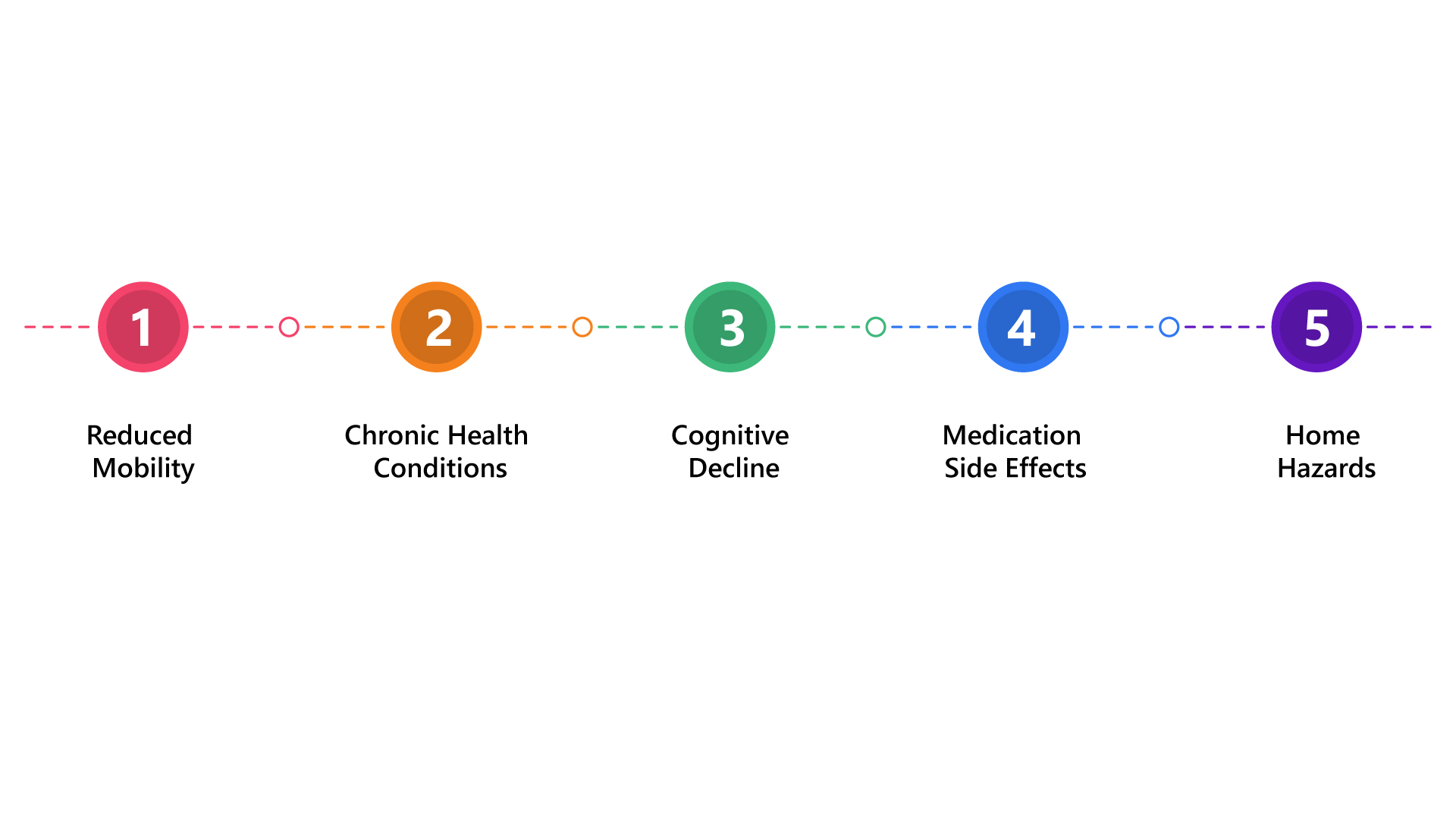
Veterans and seniors face distinct health risks, and understanding these can help in crafting effective preventive care plans.
1. Reduced Mobility:
- Many veterans and seniors experience reduced mobility due to age-related conditions such as arthritis, osteoporosis, and muscle weakness. These conditions make it more difficult to move around, increasing the risk of falls and other accidents.
2.Chronic Health Conditions:
- Chronic illnesses like diabetes, heart disease, and respiratory issues are common among older adults and veterans. These conditions can contribute to dizziness, fatigue, and impaired judgment, all of which can lead to accidents.
3. Cognitive Decline:
- Veterans and seniors are at a higher risk of developing cognitive issues, such as dementia and Alzheimer’s disease. These conditions can impair memory, judgment, and spatial awareness, making everyday tasks hazardous without proper assistance.
4. Medication Side Effects:
- Many seniors and veterans take multiple medications to manage their health conditions. The side effects of these medications, such as dizziness, drowsiness, or confusion, can increase the likelihood of accidents.
5. Home Hazards:
- The home environment, which may not be adequately adapted to the needs of aging individuals, can pose significant risks. Uneven flooring, poor lighting, and lack of safety equipment like grab bars can contribute to accidents.
The Importance of Preventive Care
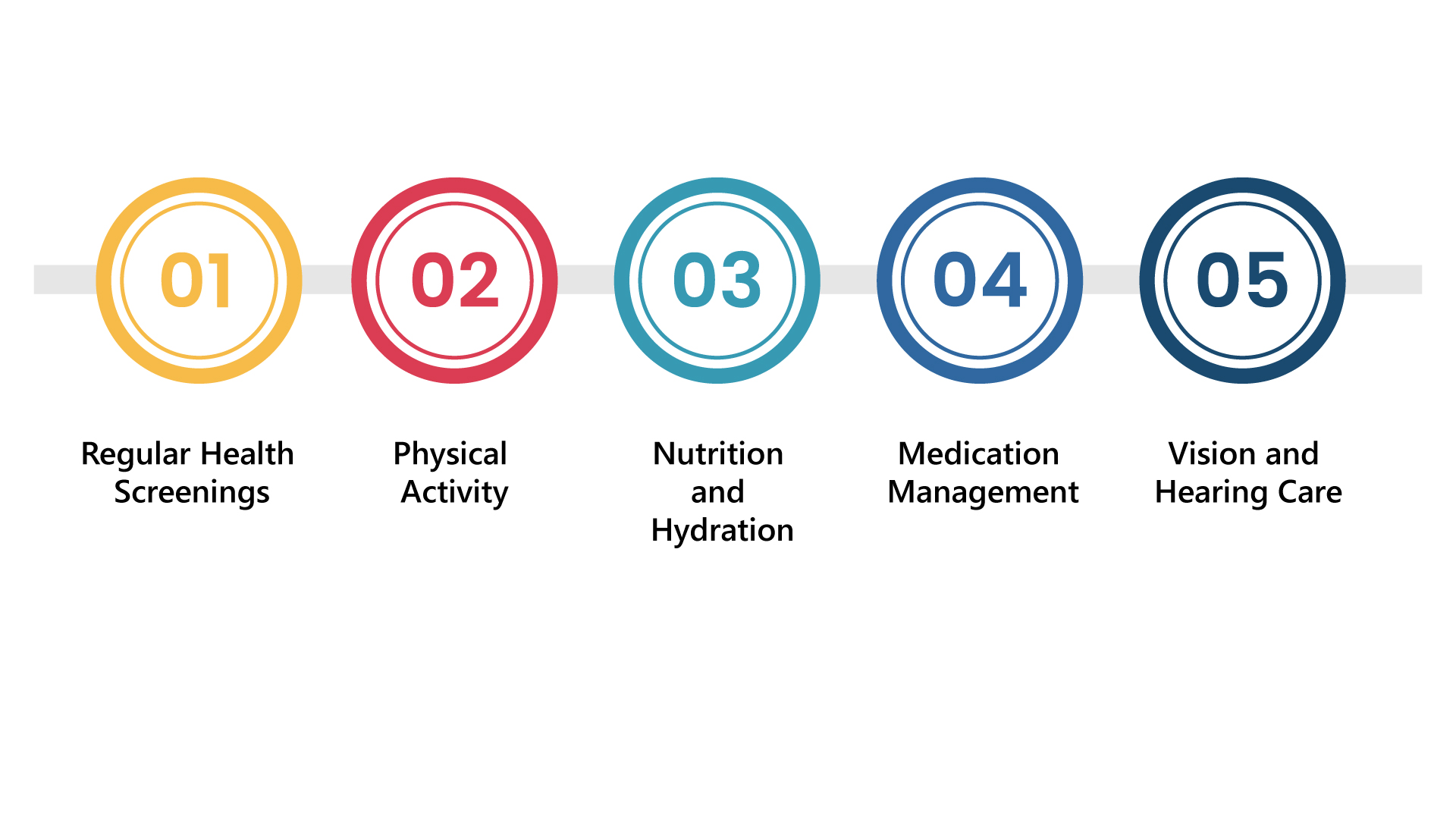
Preventive care is about taking proactive steps to reduce the risk of accidents and improve overall health. For seniors and veterans, this involves a combination of medical care, lifestyle changes, and home modifications
1. Regular Health Screenings:
- Routine health check-ups can help identify potential health issues before they become serious. Regular screenings for vision, hearing, and balance, as well as chronic condition management, can prevent accidents. Early detection of issues such as osteoporosis or high blood pressure can lead to timely interventions, reducing the risk of falls or heart-related incidents.
2. Physical Activity:
- Encouraging regular physical activity is crucial in maintaining strength, balance, and flexibility. Exercise programs tailored to seniors and veterans can help prevent muscle deterioration and improve mobility. Activities like walking, swimming, or tai chi can enhance balance and coordination, reducing the risk of falls.
3. Nutrition and Hydration:
- Proper nutrition is vital for maintaining energy levels, cognitive function, and overall health. Ensuring a balanced diet with adequate hydration can prevent dizziness and weakness, which are common causes of accidents. For veterans and seniors, personalized nutrition plans that account for their specific health needs can make a significant difference.
4. Medication Management:
- Keeping track of medications is essential to prevent side effects that could lead to accidents. This includes regular consultations with healthcare providers to review medications and adjust dosages as needed. Using pill organizers and setting reminders can help seniors and veterans take their medications correctly, minimizing the risk of adverse reactions.
5. Vision and Hearing Care:
- Regular eye and ear examinations are critical for veterans and seniors. Poor vision or hearing can lead to misunderstandings or misjudgments that result in accidents. Wearing the correct prescription glasses and using hearing aids as prescribed can help maintain sensory sharpness and reduce the likelihood of falls or other accidents.
Accident Assistance and Safety Tips
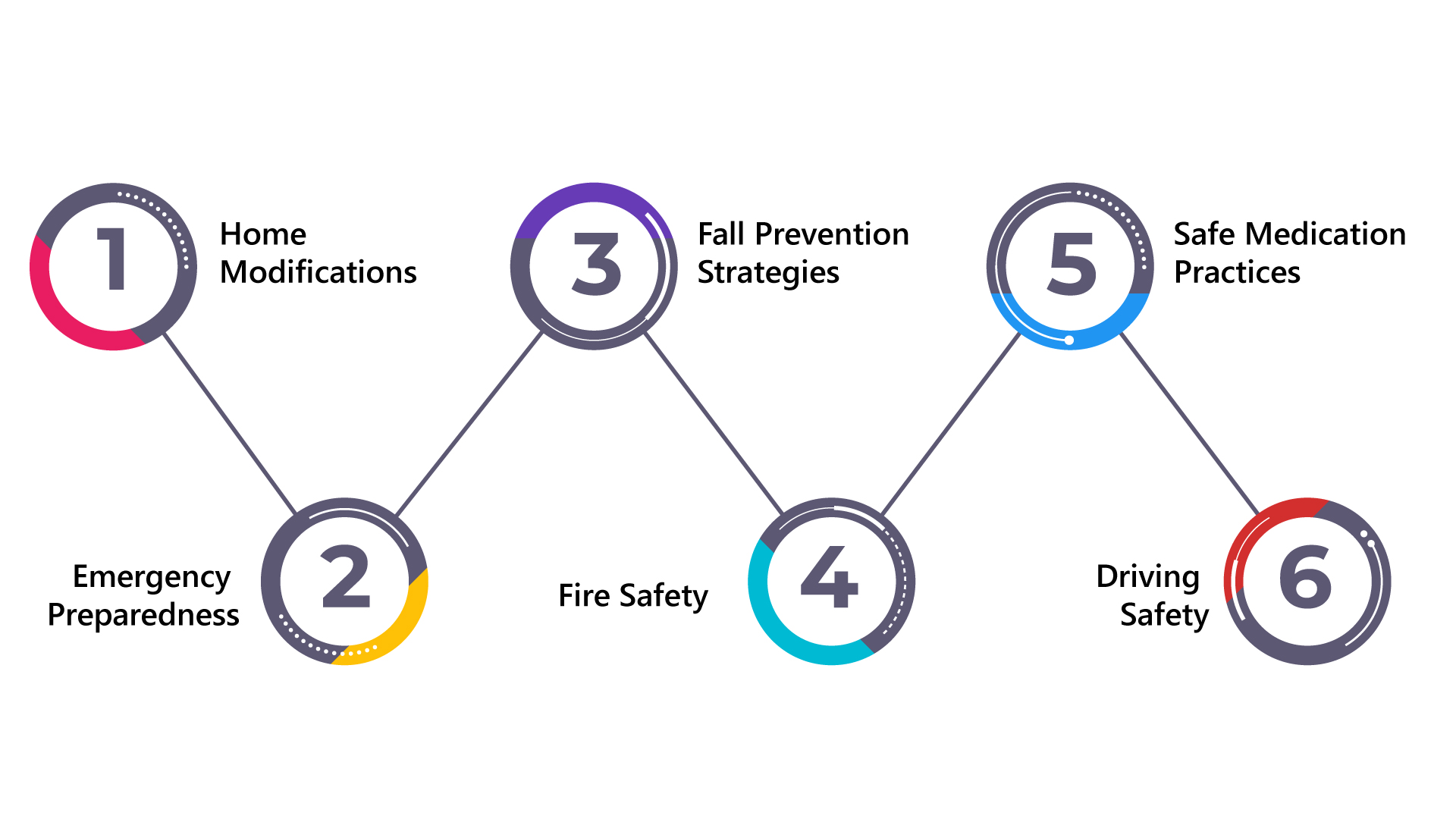
In addition to preventive care, there are practical steps that veterans and seniors, along with their caregivers, can take to enhance safety and reduce the risk of accidents.
1. Home Modifications:
- Adapting the home environment to meet the needs of veterans and seniors is one of the most effective ways to prevent accidents. This can include installing grab bars in the bathroom, improving lighting in hallways and staircases, and removing tripping hazards like loose rugs. Ensuring that frequently used items are within easy reach can also prevent falls from overreaching or climbing.
2. Emergency Preparedness:
- Being prepared for emergencies is crucial. Veterans and seniors should have easy access to emergency contacts, and caregivers should be familiar with their needs and medical history. Having a medical alert system can provide immediate assistance in case of a fall or other emergencies. These systems allow users to call for help with the press of a button, ensuring that help arrives quickly when needed.
3. Fall Prevention Strategies
- Falls are the leading cause of injury among seniors. To reduce the risk, veterans and seniors should be encouraged to wear non-slip footwear and avoid walking on wet or slippery surfaces. Physical therapy can also help improve balance and strength, making falls less likely. Installing ramps, handrails, and stair lifts can provide additional support.
4. Fire Safety:
- Veterans and seniors should have working smoke detectors and fire extinguishers in their homes. Regular checks of electrical wiring, heating systems, and kitchen appliances can prevent fires. In case of a fire, having a clear, practiced evacuation plan is essential.
5. Safe Medication Practices:
- To avoid medication-related accidents, veterans and seniors should take medications exactly as prescribed and report any side effects to their healthcare provider. Avoiding the mixing of alcohol with medication is also crucial. Caregivers can assist by creating a medication schedule and ensuring that medications are stored safely.
6. Driving Safety:
- Many veterans and seniors may face challenges with driving as they age. Regular assessments of driving abilities are important, and if necessary, alternatives such as public transportation or community shuttle services should be considered. For those who continue to drive, ensuring the vehicle is well-maintained and avoiding driving in poor weather conditions can help prevent accidents.
The Role of Caregivers and Community Support
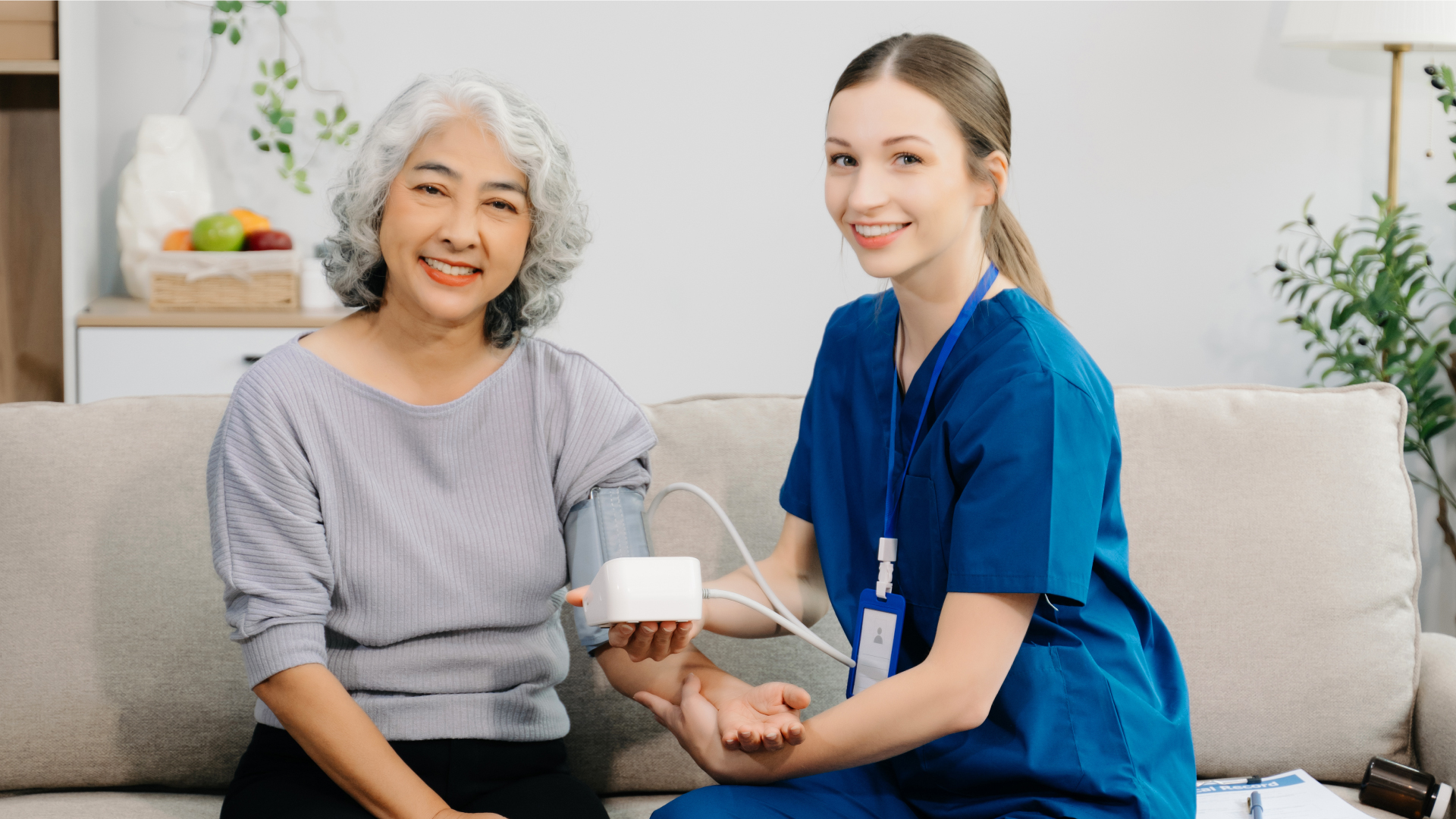
Caregivers play a critical role in accident prevention and safety for veterans and seniors. By providing regular check-ins, assisting with home modifications, and offering support for daily activities, caregivers can significantly reduce the risk of accidents.Community programs and services can also provide valuable resources. For example, senior centers often offer fall prevention workshops, fitness classes, and social activities that promote overall well-being. Veterans' organizations may offer specialized support and resources tailored to the unique needs of veterans, including assistance with home modifications and access to medical care.
Rushing 2 Your Needs: Committed to Safety and Care
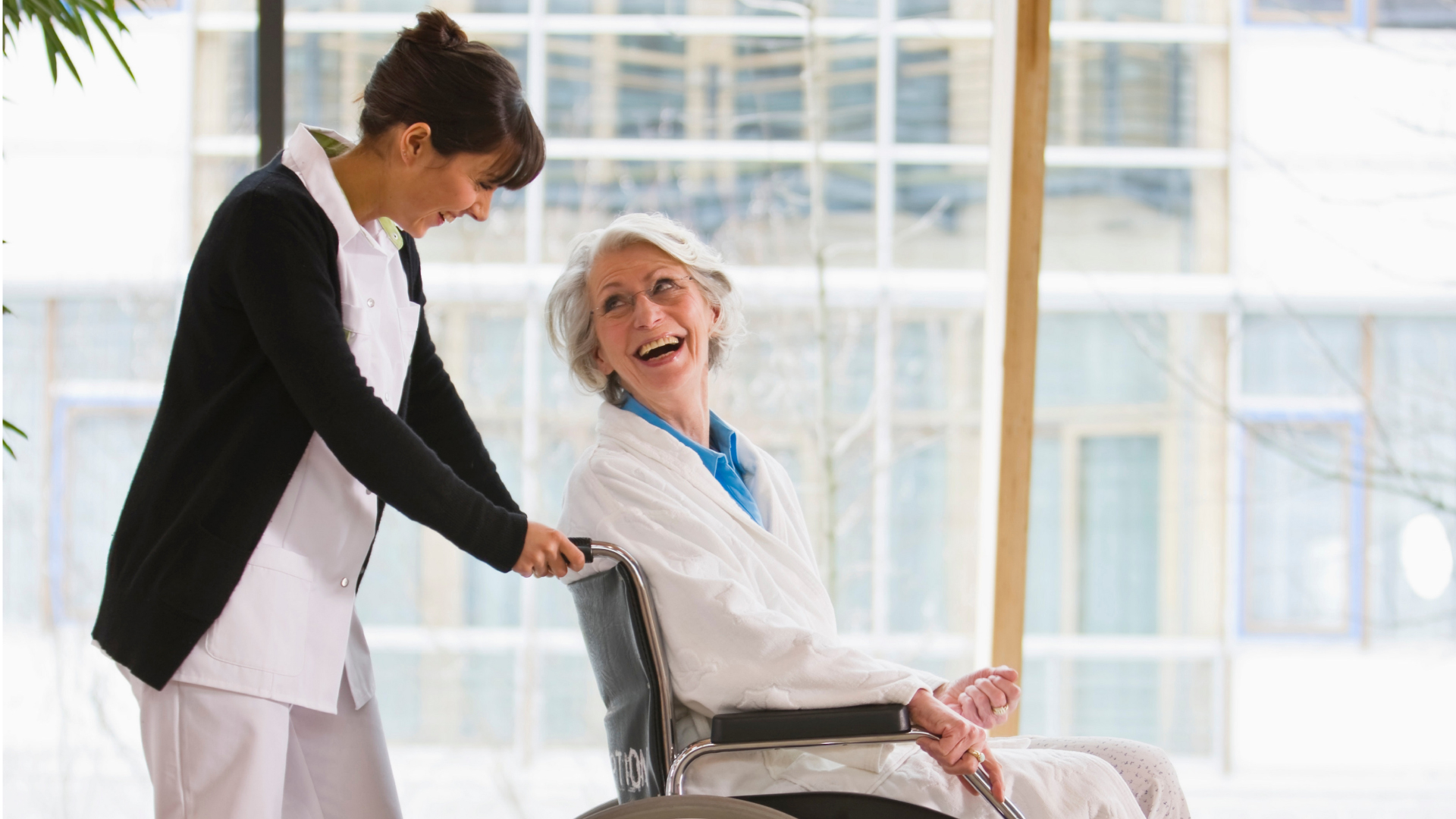
At Rushing 2 Your Needs, we understand the importance of preventive care and safety for veterans and seniors. Our services are designed to support their unique needs, from providing assistance with daily tasks to ensuring their homes are safe and comfortable. We offer personalized care plans that focus on accident prevention, health maintenance, and enhancing the quality of life for those we serve.Our caregivers are trained to recognize potential hazards and take proactive steps to prevent accidents. Whether it’s through regular home safety assessments, medication management, or providing companionship during physical activities, we are dedicated to keeping our clients safe and healthy.
Conclusion
Preventive care and accident assistance are crucial for veterans and seniors to live safely and independently. By understanding the risks and taking proactive steps, we can significantly reduce the likelihood of accidents and improve the overall quality of life for these populations.If you or a loved one could benefit from preventive care services and safety support, contact Rushing 2 Your Needs today. Let us help you create a safer, healthier environment that allows you to enjoy life to the fullest.